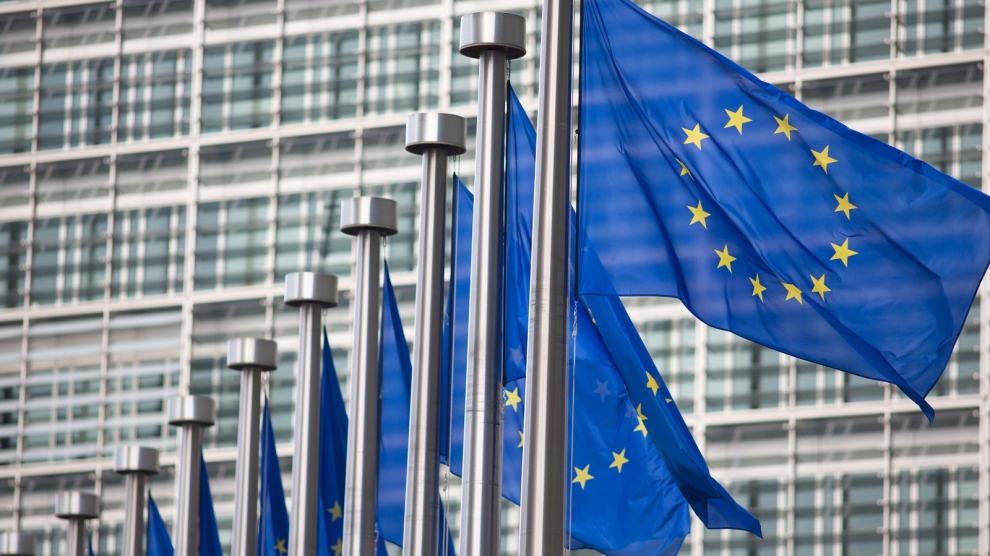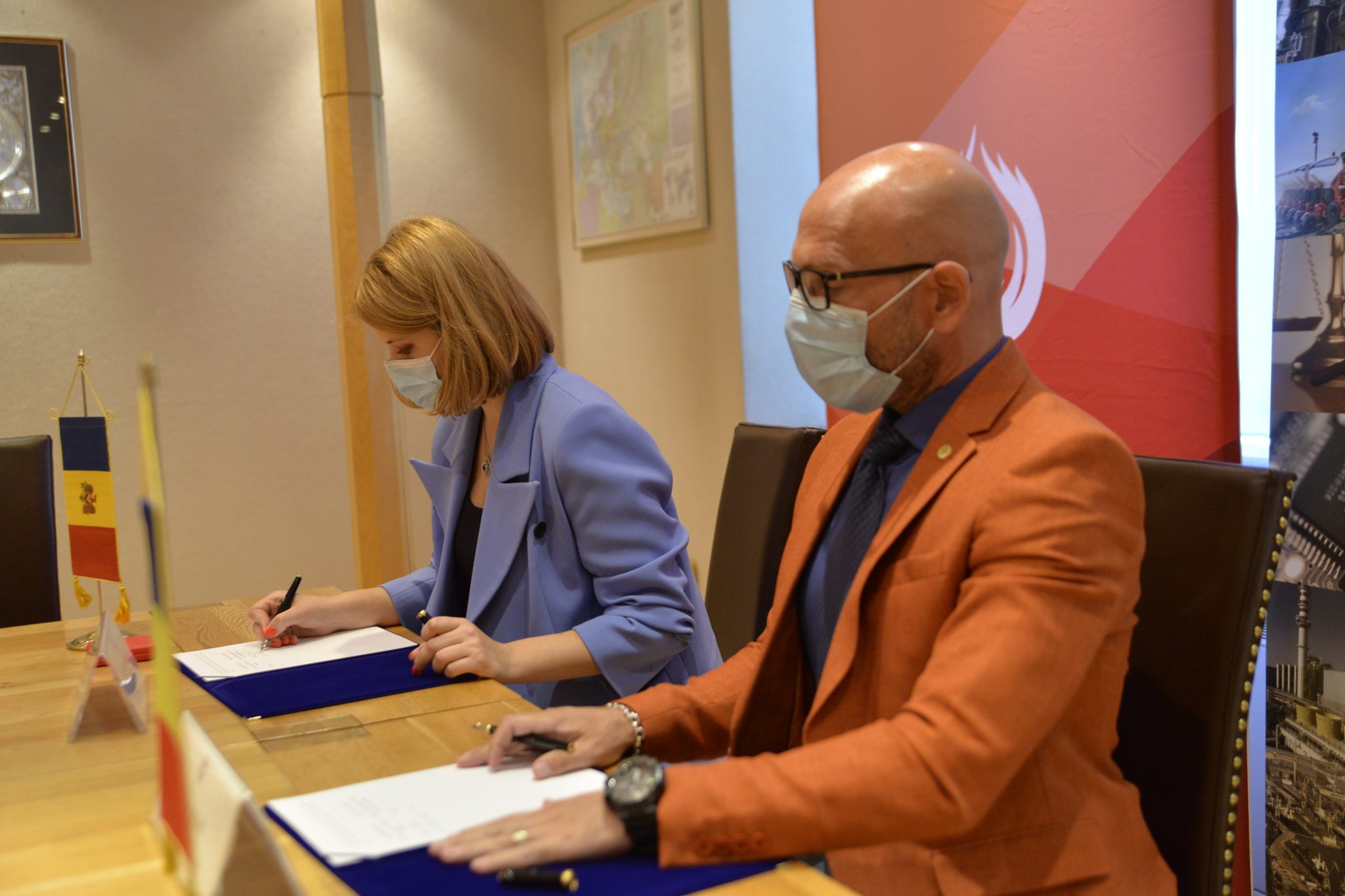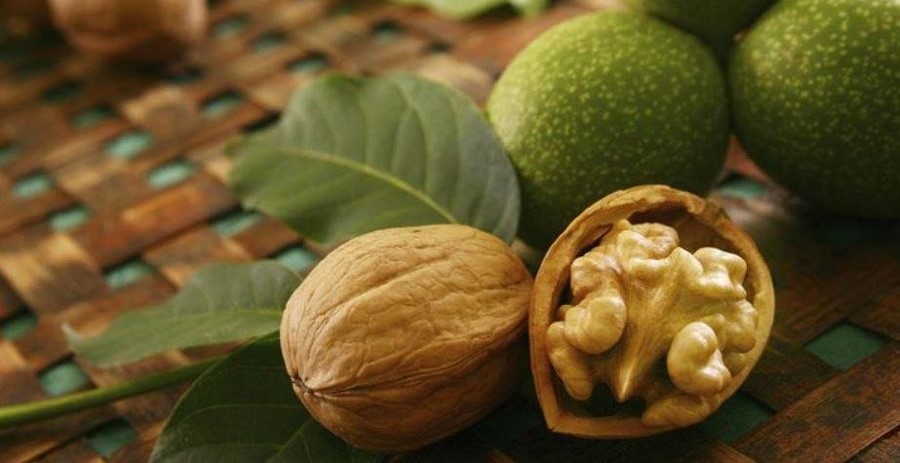Economy
Belarus sues Russia in the CIS Economic Court over new oil tax
Reading Time: 3 minutesRussia imposes a new oil tax on Belarus
By Vladimir Socor
Russia imposes a new oil tax on Belarus
In a precedent-setting move, Belarus is suing Russia in the CIS Economic Court. The case at hand concerns Russian export duties on refined oil products and “petrochemical raw materials” to Belarus. The procedure could open the way for recourse to the CIS Economic Court on other issues and by member countries.
The CIS Economic Court is a deeply dormant institution that happens to be located in Belarus’ capital, Minsk. It is an all-but forgotten legacy from the first institutionalization of the CIS in the early 1990’s, when Minsk had briefly been considered as a second CIS capital and possible host of a number of CIS bodies. The case now initiated by Belarus marks the first time in many years when a CIS member country resorts to this economic court in defending its perceived rights and interests against Moscow.
The CIS Economic Court is essentially an arbitration body, mandated to adjudicate disputes that involve governments of member countries as well as economic bodies of the CIS itself. The 11 member countries are entitled to representation on the court, through judges designated by the respective governments. The court is intended to render an arbitration decision within 30 days from the submission of a complaint. The deadline would be April 25 in this dispute between Minsk and Moscow (Belarus Television Channel One, March 25).
This court’s decisions are supposedly binding, not merely advisory. An appeal procedure is not envisaged. In the event of non-execution of a decision, however, the aggrieved party has the right to ask the Council of Heads of State (the highest political authority in the CIS) to call for the decision to be carried out. An enforcement mechanism does not exist, however. The court’s bylaws also allow the parties to make an out-of-court settlement while the case is pending (Interfax, March 30).
According to Minsk, the CIS Economic Court should also exercise jurisdiction in the Eurasian Economic Community (the dormant EurAsEc, a Moscow-led subgroup of six countries including Belarus) and in the putative Russia-Belarus “union state.” These two subgroups were supposed to create their own economic courts, but failed to do so, thus presumably allowing the CIS Economic Court, by default, to arbitrate disputes within EurAsEc or the Russia-Belarus virtual “union state.”
The CIS Economic Court is also apparently designated as the arbitration instance of the Russia-Belarus-Kazakhstan Customs Union. This trilateral customs union is due to take legal effect on July 1, 2010, and looks far more consequential than those other two subgroups.
The Belarusian justice ministry is the formal plaintiff in the case. It seeks the cancellation of the January 1, 2010 decision by the Russian Customs Service, which introduced export duties on “petrochemical raw materials” and a wide range of petroleum products that are being delivered from Russia to Belarus. The Russian move, with immediate effect from that date, has considerably raised the purchase prices of those products in Belarus, hurting the country’s economy (Interfax, March 26).
Minsk is basing its complaint on multiple agreements on “free trade” and “equal conditions for activity of business entities.” Such agreements have been signed by Russia and Belarus within their nominal “union state” (from 1996 onward), EurAsEc (from 2000 onward), and most recently as part of the Russia-Belarus-Kazakhstan Customs Union. In Minsk’s interpretation, those agreements preclude any export duties in reciprocal trade and would even entitle Belarus to domestic Russian prices on energy supplies, with the unique and temporary exception of Russian crude oil.
According to the Belarusian Justice Minister, Viktar Halavanau, Russia has breached the latest bilateral agreement by introducing export duties on refined oil products and “petrochemical raw materials” delivered to Belarus. Under the January 27, 2010 inter-governmental protocol, Belarus had to accept Russian export duties on crude oil supplies. But, the protocol did not authorize any duties on refined products or petrochemicals (Belapan, April 2).
The affected refineries and petrochemical plants in Belarus are also prepared to seek international arbitration, possibly beyond the CIS framework (Kommersant, March 26).
Ironically, this latest controversy between Moscow and Minsk has coincided with the Day of Unity of the Peoples of Belarus and Russia, which is celebrated annually on April 2 (it marks the 1996 founding of the would-be “Russia-Belarus union state”).
In Minsk, for that anniversary, Russian First Deputy Prime Minister, Igor Shuvalov, sounded dismissive of the host country’s grievance. Apparently affecting ignorance of the CIS Economic Court case, Shuvalov suggested an out-of-court, political discussion of the issue. The proposed forum, however, is singularly ill-suited for such a discussion, let alone decision. Shuvalov asked Lukashenka to take up the issue with Russian President Dmitry Medvedev and Prime Minister Vladimir Putin when they meet in Moscow on May 9 for the World War Two victory celebrations (Interfax, April 2).
Economy
Moldova will receive a disbursement of 36 million euros as part of the the Economic Recovery Plan

This week, the European Commission approved the disbursement of 36 million euros in grant money for the Republic of Moldova. The announcement was made by Deputy Director-General for Neighbourhood Policy and Enlargement Negotiations at the European Commission, Katarina Mathernova, who paid an official visit to the Republic of Moldova between September 13-15, together with Managing Director for Russia, Eastern Partnership, Central Asia, Regional cooperation and OSCE, at the European External Action Service, Michael Siebert.
The EU officials had meetings with President Maia Sandu, Minister of Foreign Affairs and European Integration, Nicu Popescu, Speaker of Parliament, Igor Grosu, Prime Minister of the country, Natalia Gavrilita, as well as key representatives of Government, international financial institutions and the civil society, according to a press release issued by the Delegation of the European Union to the Republic of Moldova.
Beside such topics as the EU-Moldova relations and prospects, the priorities of the reform agenda of the new Moldovan Government, preparations for the Eastern Partnership Summit at the end of the year and the Transnistrian conflict settlement, the officials also discussed the EU assistance in support of reforms and the Economic Recovery Plan for Moldova, which was announced in June with a total EU support of 600 million euros over the next 3 years.
“The first measures under the Economic Recovery Plan will shortly materialize, with the expected disbursement of 36 million euros in grant money under budget support programmes to support the authorities’ efforts to fight against the consequences of the pandemic. Moldova can count on EU’s assistance on its path to reforms and to recovery, bringing tangible results to citizens,” Katarina Mathernova stated.
The plan is based on assistance provided by the European Union through various bilateral and regional instruments, aiming to mobilize the funds in the form of grants, loans, guarantees and macro-financial assistance.
“The Economic Recovery Plan for the Republic of Moldova involves much more, not just this financial support provided immediately. It must help digital transformation, strengthen infrastructure, energy efficiency, education and support small and medium-sized enterprises,” the EU official also said.
As Prime Minister Natalia Gavrilita informed, “The Economic Recovery Plan and the 5 flagship initiatives for Moldova in the Eastern Partnership will directly contribute to the reform and consolidation of institutions, stimulate long-term socio-economic development, bring direct benefits to citizens, and unleash new economic opportunities through promoting the green agenda and digitization. Small and medium-sized enterprises (SMEs) have been hit hard by the crisis. Promoting and diversifying access to finance and reducing collateral requirements will be essential in supporting economic operators. We are grateful to the EU partners who will launch two programs to support 50 000 independent Moldovan SMEs to adapt to the new conditions.”
President of the Republic of Moldova, Maia Sandu, welcomed the decision of the European Union to disburse about 745 million lei in grant money, as the official page of the President’s Office announced. “EU support comes after a long period of freezing of European assistance, caused by former governments. We managed to relaunch the political dialogue with the European Union and resume financial assistance. The Republic of Moldova is gradually regaining the trust of its strategic partners. This European support is also a signal of encouragement for the new Government team in its commitment to clean up the institutions, fight corruption and launch development programs in the country,” said Maia Sandu.
Photo: unknown
Economy
Romania and Moldova signed a partnership memorandum pledging to cooperate in promoting their wines

The Chamber of Commerce and Industry of Romania (CCIR) and the National Office for Vine and Wine (NOVW) of the Republic of Moldova signed, last week, a memorandum of cooperation on organizing joint promotional activities in the markets of common interest, as the CCIR announced.
China, Japan or the USA are just some of the markets targeted by the Romanian and Moldovan institutions. The memorandum also involves advertising activities for wines from common indigenous varieties, promoting the oeno-tourist region, developing a tourist route in the two states, exchange of experience, study visits, and mutual support in identifying new export opportunities. “We are very confident that this collaboration between our organizations will lead to sustainable economic growth and a higher degree of well-being among Moldovans and Romanians,” claimed Deputy Secretary-General of CCIR, Bogdan Visan.
On the other hand, Director of the NOVW, Cristina Frolov, declared that no open competition with Romania is aimed at the governmental level of the Republic of Moldova. “This request for collaboration is a consequence of the partnership principle. Romania imports 10-12% of the wine it consumes, and we want to take more from this import quota. Every year, the Romanian market grows by approximately 2.8%, as it happened in 2020, and we are interested in taking a maximum share of this percentage of imported wines without entering into direct competition with the Romanian producer,” the Moldovan official said. She also mentioned that Moldova aims at increasing the market share of wine production by at least 50% compared to 2020, and the number of producers present on the Romanian market – by at least 40%.

Source: ccir.ro
**
According to the data of the Romanian National Trade Register Office, the total value of Romania-Moldova trade was 1.7 billion euros at the end of last year and over 805 million euros at the end of May 2021. In July 2021, there were 6 522 companies from the Republic of Moldova in Romania, with a total capital value of 45.9 million euros.
The data of Moldova’s National Office of Vine and Wine showed that, in the first 7 months of 2021, the total quantity of bottled wine was about 27 million litres (registering an increase of 10% as compared to the same period last year), with a value of more than one billion lei, which is 32% more than the same period last year. Moldovan wines were awarded 956 medals at 32 international competitions in 2020.
Photo: ccir.ro
Economy
Moldova’s hope to be a top walnut exporter and its main difficulties

The Republic of Moldova has perfect weather conditions for growing walnut trees, that creating a great potential of walnut production and trade, especially on international markets, where the demand is way higher than the product’s supply. National and international experts believe that the country’s walnut production industry is on the verge of important transformations, which could lead to increased yields, quality and competitiveness worldwide.
According to authorities, Moldova exports 34-35 thousand tons of walnuts in shell, which is about 7% of the total export of fruit and 5% of the total export of horticultural products. The export value is assessed as being $120 million, that being 57-60% of the total fruit export value and about 50% of horticultural export value. Most of walnut crops are exported to the EU countries, such as France, Germany, the Netherlands, Romania and Austria. The country’s exports were among the world’s top 10 when it comes to the highest dollar value of the product during 2020.
Viorel Gherciu, Minister of Agriculture and Food Industry, pointed out that the production in the domestic walnut industry has increased by 55% in the last five years, which ranks Moldova among the main producers in the world.
“The biggest opportunity for this industry is that we are in the geographical proximity of the largest walnut import area in the world, which is the European Union, with almost 40% of total imports in the world. We are on the EU border, with privileged relations, with an Association Agreement. We already enjoy a good relationship in working with European importers, they trust our processors. A very close collaboration has been created and this is, in fact, the guarantee for those who invest in the area,” claimed the president of the Walnut Producers Association, Oleg Tirsina.
The data provided by the National Bureau of Statistics show that there are 34.7 thousand hectares of walnut plantations in the country. 20.90 hectares are represented by orchards. 75% of planted orchards are formed of old varieties trees. 30-35% of the exported production comes from orchards, the rest comes from individual farmers and plantations along the roads. This means that the quality of walnut production is not at its maximum potential. Developing commercial plantations through orchards modernization and extension of walnut varieties would provide double yield and better quality, experts say.
Governmental support in the form of subsidizing solutions, foreign investments and credit options are indispensable for the industry development. One of the financing options is the credit line of the European Investment Bank Project. Since 2016, 15 producers and processors of nuts, almonds and hazelnuts have benefited from these loans with the total amount of investments worth 8.7 million euros. A further extension of the project would provide another 60 million euros for the modernization of the horticultural sector in general and for harvesting organic walnuts in particular.
Photo: heymoldova.com





















